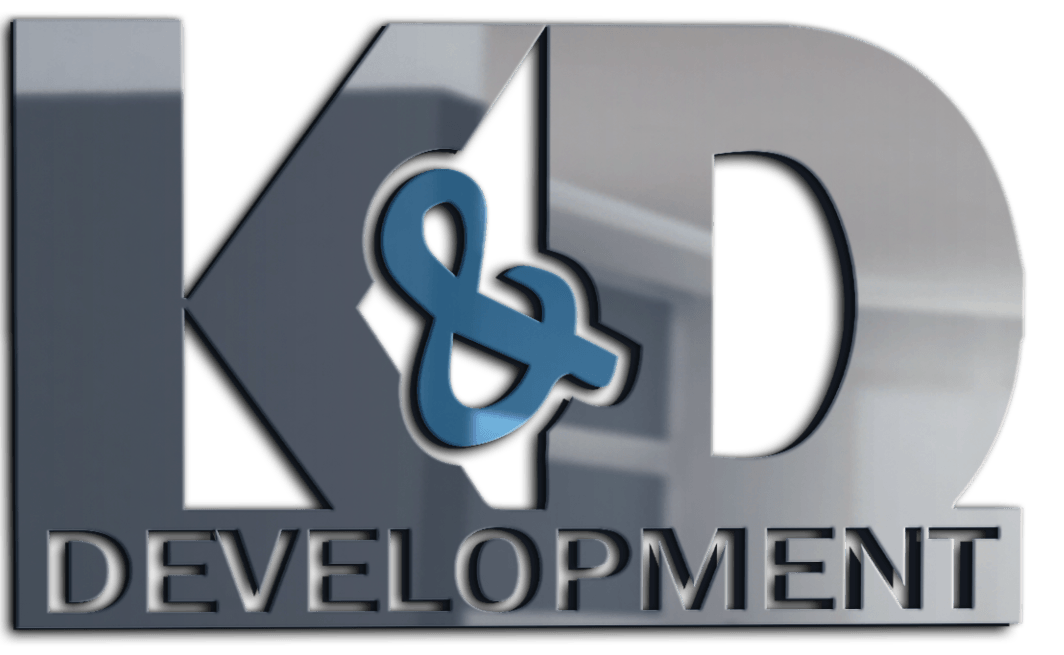What Should Never Be Done With a Grease Fire?
You should never use water to put out a grease fire. Pouring water on hot oil can cause the flames to explode and spread rapidly, making the situation far more dangerous. Instead, the fire should be smothered by cutting off its oxygen source—such as covering it with a metal lid or using a Class B fire extinguisher.
At K&D Development, we specialize in fire damage restoration and safety education to help our community in moments that matter most. Knowing what not to do can save lives and homes.
Why You Should Never Use Water on a Grease Fire
When water hits hot oil or grease:
- It sinks below the oil instantly due to its higher density
- The extreme heat causes the water to vaporize into steam
- That steam violently expands and launches burning oil into the air
- This creates a flash fire that can engulf nearby surfaces or even people
This explosive reaction is one of the most common causes of kitchen fires getting out of control.
What You Should NEVER Do in a Grease Fire
To protect yourself, your home, and your loved ones, avoid these critical mistakes:
-
Never pour water on the flames
This can cause instant flare-ups and spread the fire. -
Don’t try to move the pan
Carrying it risks splashing burning oil and causing injury or fire to spread. -
Don’t throw flour or sugar
These powdered substances are flammable and can ignite. -
Avoid using the wrong extinguisher
A water-based or CO₂ extinguisher can make the situation worse—only use a Class B or K extinguisher.
What To Do Instead During a Grease Fire
Here are the safe steps to take if a grease fire breaks out:
- Turn off the heat source
Shut off the burner or stove immediately. - Cover the flames with a metal lid or baking sheet
This cuts off the oxygen and smothers the fire. Do not use glass—it can shatter. - Use baking soda if it’s a small fire
Baking soda can help extinguish minor flames. Never use baking powder. - Use a Class B or K fire extinguisher
These are designed for flammable liquids and grease fires. - Evacuate and call 911 if needed
If the fire spreads, prioritize your safety and get help fast.
Preventing Grease Fires in the First Place
At K&D Development, we’ve seen firsthand how quickly kitchen fires escalate. Here are some safety tips to avoid grease fires altogether:
- Never leave cooking unattended—especially when frying
- Keep combustible items (like towels or curtains) away from the stove
- Regularly clean grease buildup on stovetops and hoods
- Always have a Class B or K extinguisher in your kitchen
- Teach everyone in the household how to respond to a fire
When Fire Damage Happens, We’re Here to Help
Even with the best prevention, accidents happen. If your home has suffered from fire or smoke damage due to a grease fire or any other cause, K&D Development is your trusted local expert for full-service fire restoration. We handle everything from soot removal and odor control to full reconstruction—fast, safely, and professionally.
What should never be done with a grease fire?
Never pour water on it. Instead, smother it with a lid, use the right extinguisher, and call for help if necessary.
Need expert fire restoration after a kitchen fire?
Call K&D Development—Denver’s go-to fire damage specialists. We’ll restore your home and your peace of mind.
Learn more by clicking the link below:


